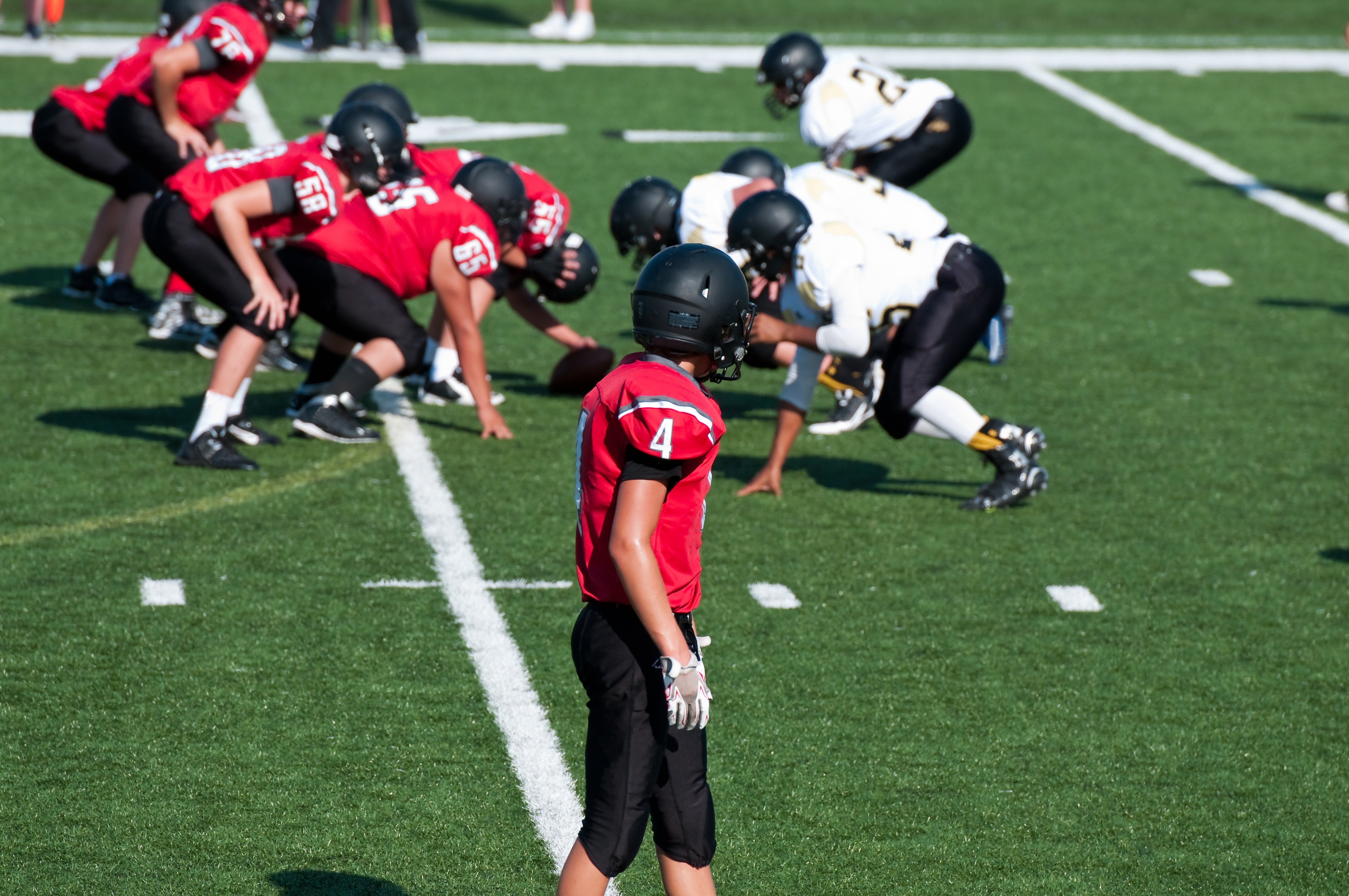Building Strong Relationships with Athletes' Parents
I have only been the head coach of freshman football for 2 seasons, but I have learned that the key to a successful high school sports season is communication.
When I was offered the Freshman Football Team head coaching job by the head varsity coach he told me that my priority is not a winning record but to retain as many freshmen as possible going into their sophomore year. Previously, the freshman football program had issues gauging the interest of the student-athletes in playing football during their sophomore year for various reasons. What I found out is that the key to keeping the student-athletes interested in the program is by keeping the parents informed and involved. If you meet the parents and win their hearts and minds, the athlete will more than likely stay involved in your program. This is the strategy I employ in doing that:
Communication
Would you like to know what is going on with your athletes at home that could affect their ability on the field either physically, emotionally, or mentally? Developing a relationship with your athlete’s parents opens up the floodgates of communication. Because I’ve taken the time to develop a relationship with my athletes' parents, they are open to sharing personal details about their child and their family. More than once, I’ve been able to help a student-athlete through a tough time because of the information provided by their parents. If there is a need for a team of athletes to give you their all on and off the field then there is a definite need to care for them as people and not just athletes. This process starts by caring about their lives off the field.
Advocate
If you would like your student athlete’s parents to be your advocate, you need to develop a genuine relationship with them. Having your student athlete’s parents buy into what you are trying to teach will help your team tremendously. At the high school level, parent advocates are more likely to get involved in their child’s nutrition, sleep, lifting, and film session at home. However, for the parents to have the opportunity to get involved, they should be informed.
Throughout the season, I regularly prescribe character building exercises with my team. I make sure to share what we are doing with their parents. Because the majority of the parents have bought into what I’m trying to do with their children, they talk with their child about the character building exercises. This not only increases the effect of the exercise, but it helps build a stronger relationship between the child and parent because it opens the door to deeper conversations. And helping a parent connect with their teenage son or daughter is a priceless gift that you can give the parent. In exchange, you will have their full support.
Playing Time
As a freshman football coach, I work with student-athletes who have played youth football and are accustomed to every player getting playing time no matter their level of talent. I’ve found that the key to minimizing the likelihood of having angry parents is to build a relationship with them at the beginning of the season.
Practical Applications
- Show the parents before the first practice that your goal isn’t just winning games, but bettering their kids both on and off the field.
- Assure them that their child isn’t getting neglected at practice and that you are working with them as much as you are working with the starters.
When parents see that you are willing to take the time to build a relationship with them and the care for their child is authentic they tend to trust your decision to play or not to play their child. Most parents are interested in the assurance that you have not given up on their son.
The Head Varsity Coach, Coach Prosser, once told me that I need to look long-term. Some athletes will bloom their freshman year or sophomore year. Others will have to work for 3 years and wait until their senior year before they flourish into larger roles on the field. This is a reason why, as coaches, we should never give up on an athlete. We should use all the tools that God has blessed us with to help each and every athlete in our care to reach their full potential.
Building Your Program
Think of your program as a family. You aren’t just building a football, basketball, or wrestling program, but you are building a family. A family isn’t as strong without communication. For example, how strong would your marriage be if you only talked to your spouse for limited and inconsistent times, per week? Consistent communication builds and strengthens relationships.
By developing a family unit through these friendships, loyalty is developed. When families are loyal to your program they not only contribute to the program by becoming willing volunteers, but they spread the word about what is taking place. One of the most efficient ways to build your program is word of mouth. What better way to bring athletes to your program than to have thirty families promoting your program?
Sacrificing time to send individual emails, text messages and making personal phone calls can add more work to your already busy week, but through personal wisdom and knowledge from others, the return on the investment is priceless. If you want to build a strong, lasting program it starts by building a strong relationship with your student-athletes’ parents.
Subscribe to our blog
Subscribe to receive the latest blog posts to your inbox every week.
Related posts

Five Pieces of Advice for High School Strength Coaches from a College Strength Coach

5 Pieces of Advice for High School Strength Coaches from a College Strength Coach

.png?width=600&height=300&name=AD%20eBook%20Blog%20CTA%20(2).png)